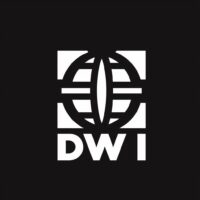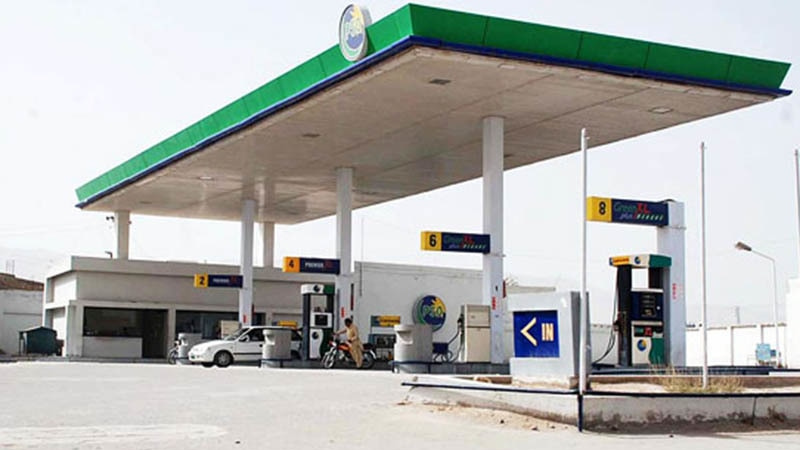In a move that has sent ripples across the nation, Pakistan has witnessed a significant petrol price increase of Rs4.13 per litre. This adjustment not only marks a considerable change in the fuel market but also sets the stage for broader economic and social implications.
The Underlying Factors
Historically, petrol prices in Pakistan have been a reflection of global oil market trends, government policies, and taxation structures. The recent hike is attributed to a mix of international crude oil price fluctuations and the government’s efforts to stabilize the national economy. Amidst an already challenging economic landscape, this increase adds another layer of complexity for both the general populace and policy makers.
Economic and Social Implications
The immediate impact of the petrol price hike is felt most acutely by the average consumer. Transport costs, commodity prices, and overall inflation are expected to see a corresponding rise, tightening the financial squeeze on households across the country. Furthermore, the transport sector, reliant heavily on fuel, is predicted to pass on the increased costs to consumers, affecting prices across the board.
The government, aware of the potential backlash and economic strain, has been quick to justify the increase as a necessary evil. Citing the global oil prices and the need to reduce fiscal deficits, officials argue that this step, although unpopular, is vital for economic stability.
Public Reaction and Future Outlook
The public’s response has been one of concern and frustration. With inflation already at a high, the additional burden of increased petrol prices has sparked widespread apprehension about the future. Social media and public forums are abuzz with discussions on the impact of this decision, with many calling for immediate government intervention to mitigate the effects on the common man.
Despite the outcry, there is a recognition of the complex interplay between global economic forces and local policies that dictate fuel prices. Economists suggest that while immediate relief may be challenging to achieve, a focus on alternative energy sources and more efficient fuel use could offer long-term solutions.
Navigating the Future
As Pakistan navigates through these economic challenges, the petrol price hike serves as a reminder of the delicate balance between fiscal policy and social welfare. The government’s next steps, aimed at cushioning the blow and exploring sustainable alternatives, will be crucial in determining the economic trajectory of the nation.



